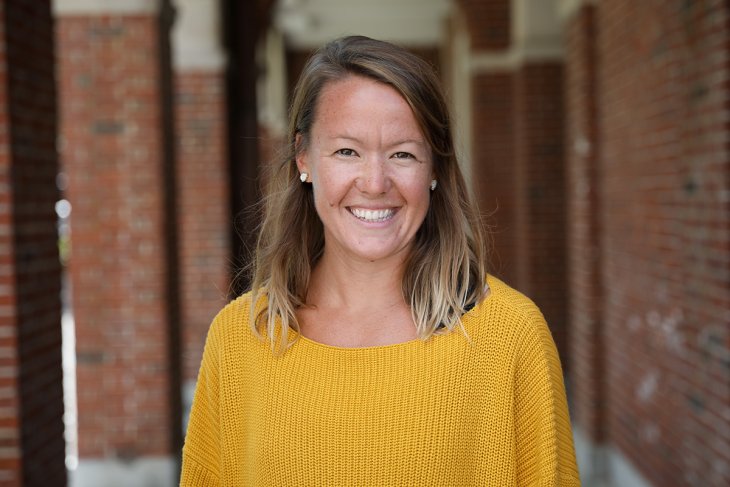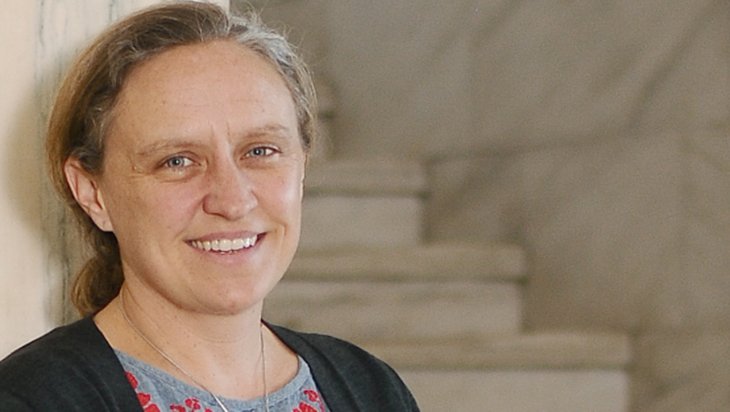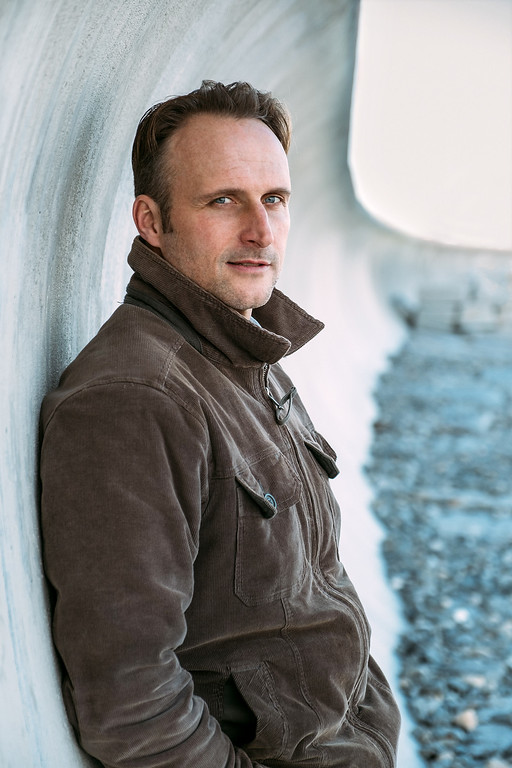 Tyler Caldwell, Institute Director
Tyler Caldwell, Institute Director
Phillips Exeter Academy
Having grown up on a school campus in Middletown, Delaware, Tyler returned to boarding school life when he joined the Phillips Exeter faculty in 2011 as an English teacher. He teaches all levels of English, but he recently has focused on 9th grade English and senior electives that include Herman Melville, Viet Thanh Nguyen, and Fictions of Finance. Outside of teaching English, Tyler serves as the 9th Grade Program Coordinator, he is dorm head of Main Street Hall, and he has coached crew, boys’ soccer, and girls’ lacrosse. He has a bachelor's in English from Harvard.

 Alexa Caldwell
Alexa Caldwell Meg Foley
Meg Foley Matthew Miller
Matthew Miller